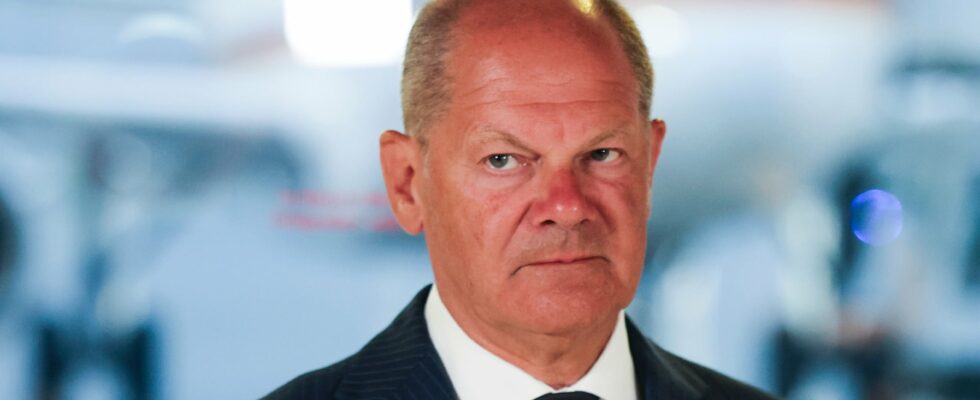Germany announced on Monday, September 9, that it would introduce controls at all of its borders to strengthen the fight against illegal immigration, which has once again become a major political issue for Olaf Scholz’s government in the face of the rise of the extreme right. “We are continuing to apply our hard line against irregular immigration,” said Interior Minister Nancy Faeser, referring to these new measures.
Provisional checks with France, Luxembourg, the Netherlands, Belgium and Denmark will be established for six months from 16 September. They will be added to the checks already in place at the borders with Poland, the Czech Republic, Austria and Switzerland. The Interior Ministry said it had duly informed the European Union authorities, as these are exceptional measures that deviate from the rules of free movement in the Schengen area.
This hardening could, however, strain relations between Germany and its neighbours, especially since the ruling coalition also declared on Monday that it wanted to increase the number of migrants turned back at the German borders. The conservative opposition (CDU) has been urging the government for several days to make wider use of this extremely controversial practice of sending asylum seekers back to the EU country through which they arrived, without allowing them to apply for asylum in Germany.
Berlin considers the new measures necessary for “the protection of internal security against the current threats of Islamist terrorism and cross-border crime”, two weeks after the attack in Solingen claimed by the Islamic State group.
A strong surge of the extreme right
Asylum and immigration policy has returned to the forefront of debate in Germany with the strong rise of the AfD, which achieved record results in two regional elections in early September. The far-right party notably won the election in Thuringia, where it became the largest political force in the regional parliament. A new left-wing party, the Alliance Sahra Wagenknecht (BSW), which calls for tighter control of migration flows, also made spectacular gains in the elections. Both the AfD and the BSW are expected to see a further electoral surge in a third election to be held on September 22 in Brandenburg, the region around Berlin.
The already heated debate over asylum policy has been fuelled by the triple murder in Solingen, western Germany, in late August, allegedly committed by a 26-year-old Syrian who should have been deported. In the wake of the attack, the government announced that it would cut support for asylum seekers who entered another EU state before coming to Germany.
“The limited capacities of the municipalities”
Berlin also wants to speed up the expulsion of refugees who have been convicted of crimes. At the end of August, Germany sent back to their country 28 Afghans convicted of crimes, for the first time since the Taliban returned to power in August 2021. A year ago, it had already strengthened its controls at the Polish and Czech borders, in a context of a sharp rise in the number of asylum applications.
The government also highlighted on Monday “the limited capacities of municipalities in terms of accommodation, education and integration” of refugees and asylum seekers welcomed on German territory. Germany has taken in around a million Ukrainian exiles who fled their country in the face of the Russian invasion since February 2022. During the migration crisis of 2015-2016, Europe’s leading economy welcomed more than a million refugees, including many Syrians.
